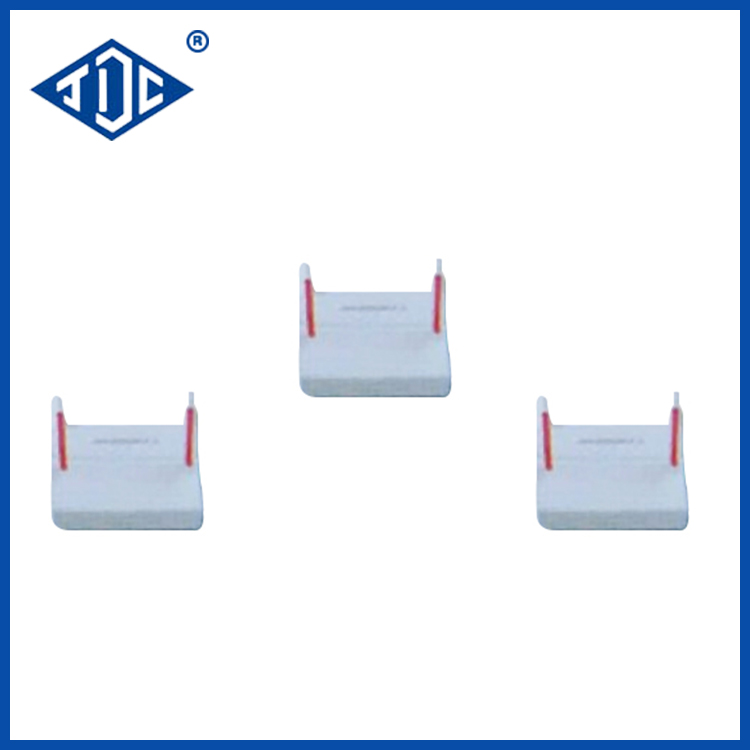What is the function of the resistor?
2023-10-17
A resistor is an electronic component that is used to resist the flow of electrical current in a circuit. The primary function of a resistor is to control the amount of current that flows through a circuit and to reduce the voltage level of the circuit. Resistors are commonly used in a variety of electronic devices and circuits to achieve a specific level of resistance and control the flow of current.
Here are some of the main functions of resistors:
1. Voltage reduction: A resistor can be used to reduce the voltage level of a circuit by dissipating electrical energy as heat. This is often done to protect sensitive components from being damaged by high voltages.
2. Current limiting: Resistors can also be used to limit the amount of current that flows through a circuit. This is often done to prevent damage to components or to ensure that the circuit operates within a safe range of current.
3. Signal conditioning: In electronic circuits that process signals, resistors are often used to condition or shape the signals. For example, a resistor can be used to create a voltage divider circuit that divides the input voltage into a lower output voltage.
4. Biasing: Resistors can also be used to bias electronic components, such as transistors or diodes, to ensure that they operate within a specific range of voltage or current.
Overall, the function of a resistor is to provide resistance to the flow of electrical current in a circuit and to control the amount of current that flows through the circuit.
This allows electronic devices and circuits to operate in a safe and efficient manner.



